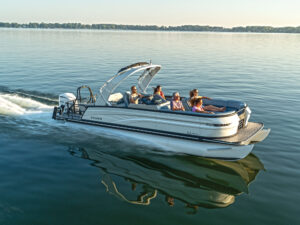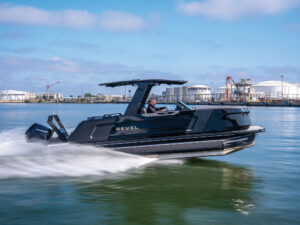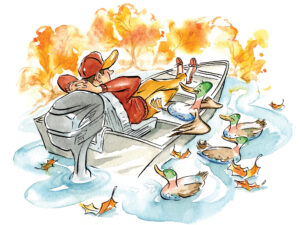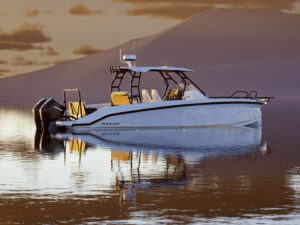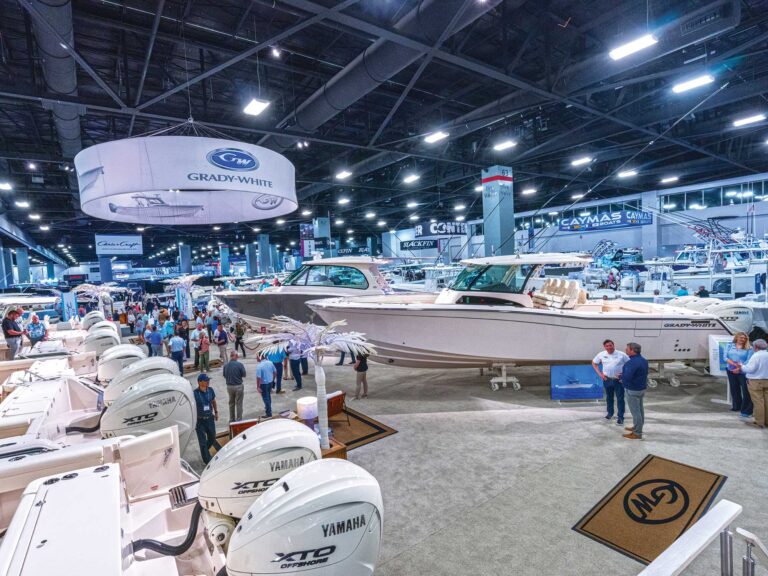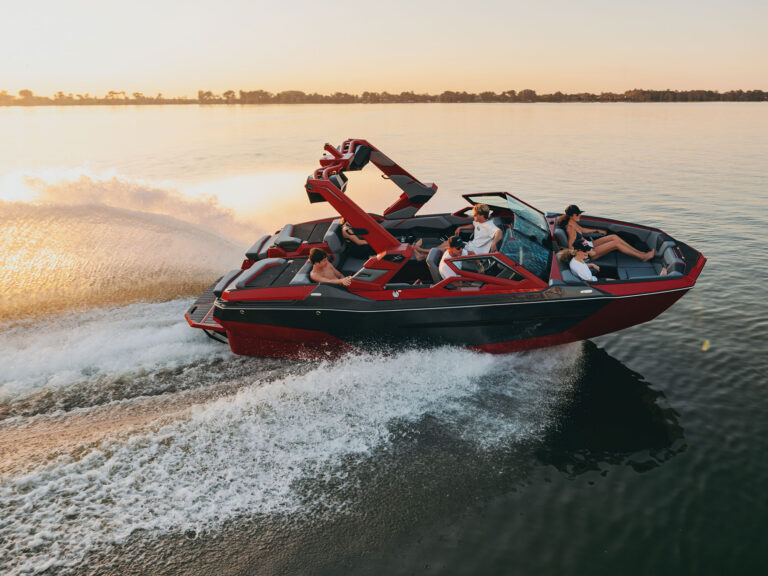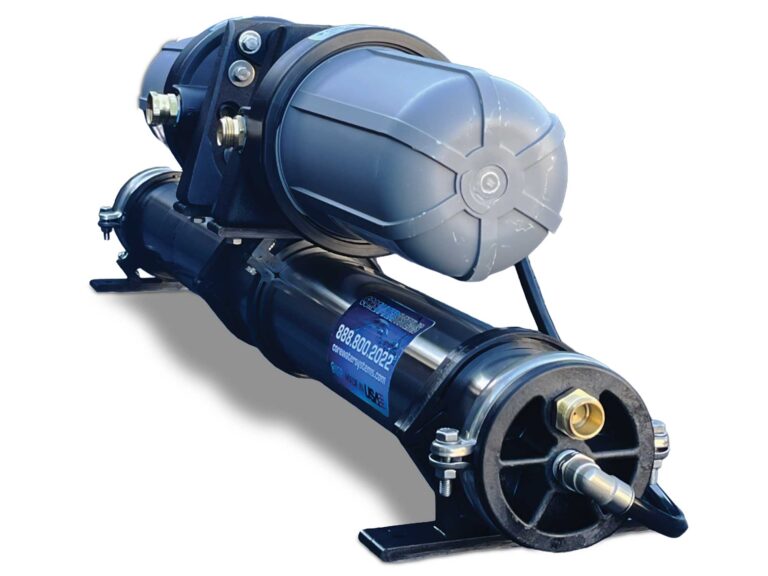
Worldwide, thousands of people die from lightning strikes each year. Ten times that number endure serious injury from lightning.
Certainly, because the population is so large, even numbers like those mean the chances of any individual getting hit by lightning remain small. But boaters are at more risk than the average person. One in 1,000 boats are struck by lightning annually, according to insurance giant BoatUS. Many of those strikes occur at the dock. Still, out on the water, we, or our boat, might be the highest conductor around. Which means we might be the most likely path that lightning takes. So, what can a boater do?
The first defense against lightning involves getting a reliable weather forecast. In many areas, a “chance of thunderstorms” is always in the weather report. Such a forecast is no reason to stay ashore. Rather, it means you should keep an extra eye on the weather, especially during the afternoon, when T-storms usually build. The anvil-shaped clouds are often easy to see, and the anvil’s “overhang” points in the direction the storm is moving. If you’re not sure, err on the side of caution and head home.
If the forecast calls for a fast-moving front, loaded with line storms, you should stay home that day. Note the difference with the first forecast.
If you get caught out in a thunderstorm, do what you can to lower the boat’s profile. Stow fishing rods, fold down antennas, and retract tow towers and/or other structure, if possible. Keep your crew low in the boat. If your boat has a cabin, go below. Don’t touch any metal structure.
Read Next: Planning and Preparing for Weather When Boating
Seas and winds can build terribly during a storm, and as captain, you may have to risk taking the helm to avoid the boat foundering.
Seen from a safe vantage, thunderstorms provide a display of terrible beauty. Get caught in one out in the boat, and your odds of becoming a statistic increase. Stay safe.
[This space is normally reserved for Boating readers to share their on-water experiences. However, our team felt that a reminder about the dangers of lightning was a worthwhile way to start the summer, when thunderstorms are most common. —Ed.]
Wanted: Your Stories
Share your boating mistakes and mishaps so that your fellow boaters might learn from your experience. Send us your first-person accounts, including what went wrong, what you’d do differently, your name and your city, to editor@boatingmag.com and use “ILAB” in the subject line. If your story is selected for publication, we’ll send you a $100 West Marine Gift Card!”

